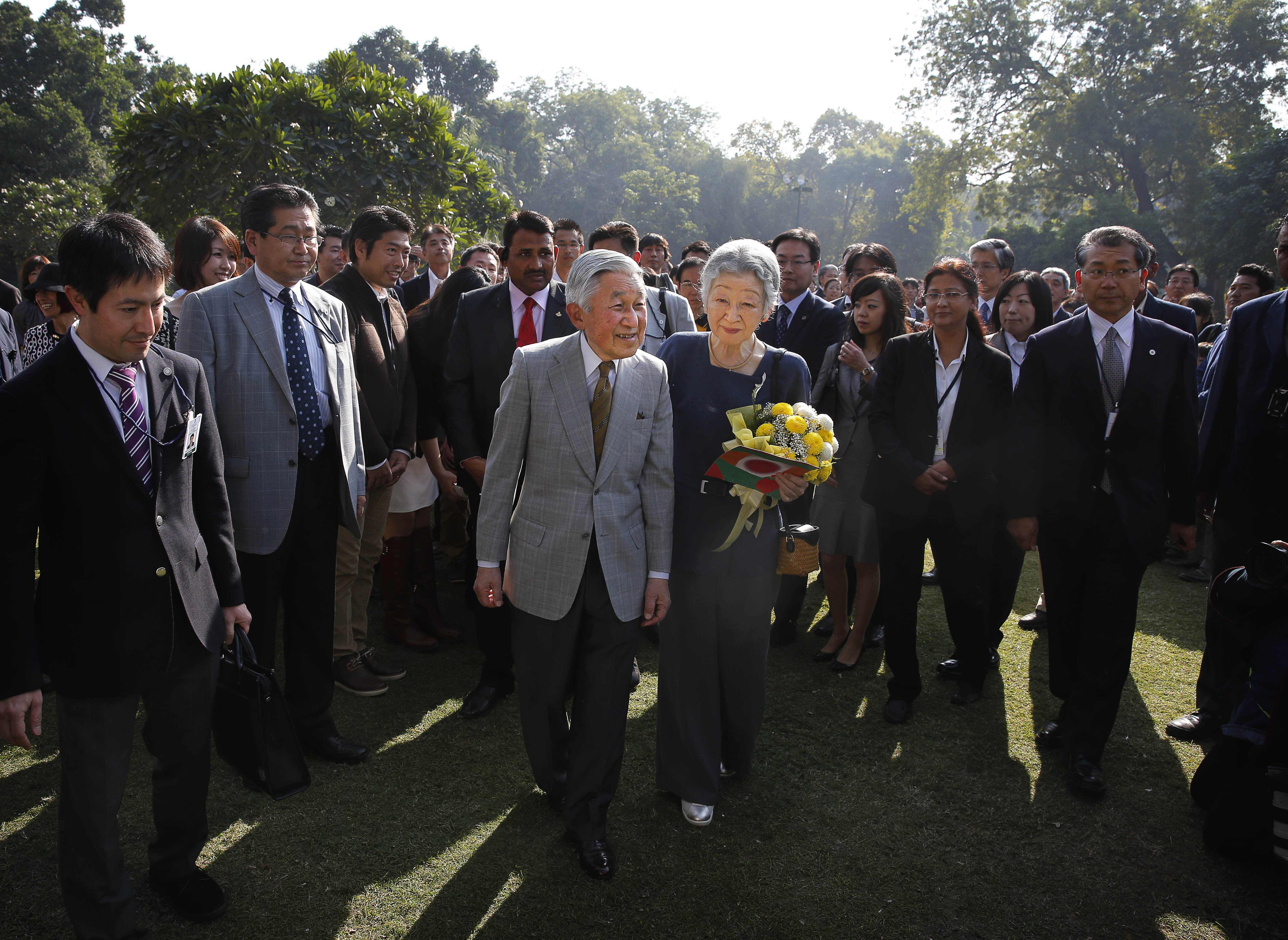In the media debate about the state secrets bill, much has been said about the public's right to know. Participants in a democratic society must be informed to make decisions in their interest, and critics of the bill, which ostensibly protects matters of national security, believe it will be used to keep people in the dark about anything the government doesn't want revealed or discussed openly.
But even before there is a law limiting the dispersal of official information, Japanese citizens operate with a built-in filter that controls what an individual believes he or she has a right to say. According to documentary filmmaker Tatsuya Mori, this self-censorship function is a holdover from the prewar regime's effort to monitor the hearts and minds of the populace, and its main tool in that effort was emperor worship.
In an interview published in the Asahi Shimbun on Nov. 27, Mori talks about the recent controversy surrounding rookie lawmaker Taro Yamamoto, who handed Emperor Akihito a letter during the annual autumn garden party at the Imperial Palace. The actor-turned-politician wanted to draw the Emperor's attention to the plight of those affected by the crippled Fukushima nuclear power plant, but by personally giving him a note without obtaining prior permission he was violating protocol. The reaction was swift and hard, and came from across the entire political spectrum.



















With your current subscription plan you can comment on stories. However, before writing your first comment, please create a display name in the Profile section of your subscriber account page.